"Work Appropriate"
The infamous office siren, corporate styling, and how much personality is too much?
Buckle up— the generation wars are back at it. Fast and furious, the allegations that Gen Z doesn't know how to dress for the office have piled up.
Whether we choose to blame the fact that most of the generation started their first jobs during Covid, a famously quiet time for workwear, the terrifyingly short stamina of the trend cycle that has left most without a clue as to what personal style even means, or the generation’s propensity for breaking the mould and pushing the limits, the fact remains that Gen Z, as a collective, doesn’t have a clear understanding of how to dress for work.
Last summer, I sat in a very empty office on a sticky day in August. It was 33 degrees Celsius outside and I was the only member of my team in. Sitting near me was another team comprised of older Millenial/Gen X women. Their conversation evolved loudly and, as it was a hot, slow day, I felt compelled to lend an ear.
Their discussion dissected Gen Z female interns in the office in what I perceived to be a thinly veiled tirade about the younger generation’s innate thirst for attention in all aspects of their lives. The conniving, slutty Gen Z interns working at a highly competitive beauty company, which boasts at most 10 straight males at any one time in its entire three-floor global HQ office. In one breath, they argued that girls who don’t dress “appropriately” at the office know exactly what they’re doing by it, and in the other they ridiculed the conservatism and restrictiveness of their former dress codes- the pantyhose and pencil skirts and cardigans of it all. It was fascinating to me that they didn’t catch onto the irony. It didn't exactly sound like they harkened for those days to return.
The conversation is a tricky one to navigate and yet I will openly claim that in my conniving, slutty, Gen Z opinion, I think that almost anything goes as long as it’s done with the appearance of intentional style and taste.
The foundation for this thesis is that in the Beauty/Fashion/Luxury industries, personal style is a way of signaling professional savoir-faire. The way you dress matters, in that what you wear is an opportunity to assert your creativity and personal brand. I would go so far as to say that the absence of evident style in your office attire almost indicates professional incompetence. If you can’t understand your own personal brand, how can you hope to understand and sell the one you work for? Equally, it’s potentially indicative that you don’t have a true interest in the industry outside of your 9-to-5.
I distinctly remember the panic I felt before my first big girl job, tearing through my closet at a complete loss for what to wear. I succumbed to the pressure of convention and went for a formal workwear vibe of slacks and a smart shirt, which I quickly realised made me look boring and uncool compared to my coworkers. To overcorrect, I asked my manager if there were any guidelines on what to wear (having been unsuccessful in my quest to find some in the corporate handbook). She responded, “No, not at all.” and didn’t elaborate.
My aforementioned first big girl job was in Paris, where I worked in the Editorial Strategy team at a luxury Maison. It was there that I made the style-as-testimony-to-competence observation. In the summer, anything from strappy camis to denim shorts, low-cut tops to sandals, and sundresses to miniskirts was fair game. As. Long. As. It. Was. Done. Tastefully. And had the appearance of intention and balance. This was crucial.
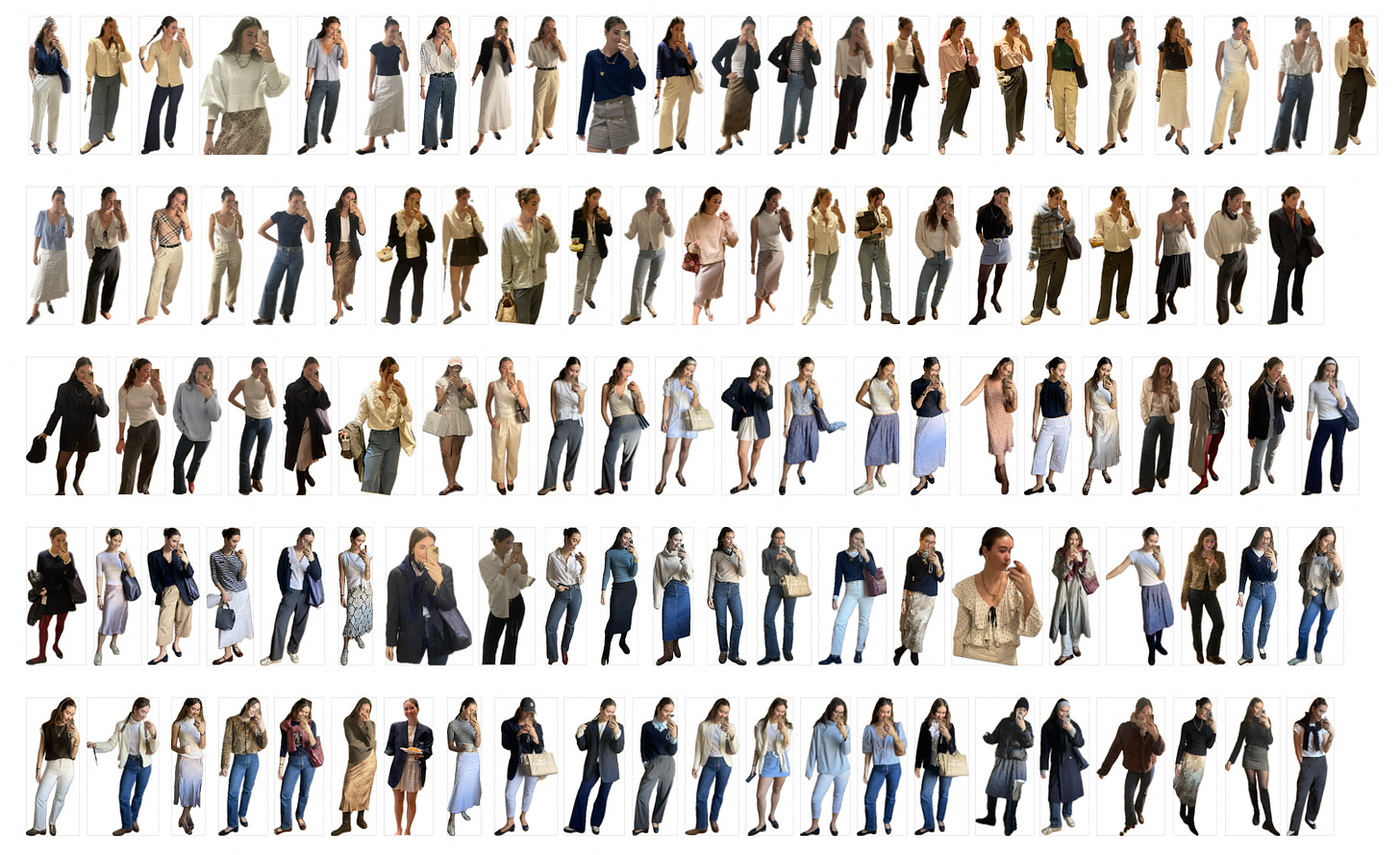
This feels an apt time to disclaim that cultural nuance plays a considerable role in shaping perceptions of what constitutes appropriate attire for women in the office. I am British/Australian by nationality and raised internationally, so in my view the most inappropriate way you could be dressed for the office is in sweatpants or athleisure— basically anything pointedly casual. To me, workwear should look put together. For my American colleagues, the rules for inappropriate workwear more closely resemble that of a school dress code: no skirts shorter than fingertip length, shoulders should be covered, nothing too tight, and so on.
While I think the idea, opined in a video with 3.4M views, that you should ‘dress the way your boss wants you to’ is outdated and based on flawed foundations, as a rule of thumb I like to take my cues from women in more senior roles around me, who I respect and admire professionally. Admittedly, this was an easier task in Paris than it has been in New York, where personal style doesn’t quite seem to have found its footing in the workplace the same way it did on the Continent.
Balance, personality, simplicity, taste: wear what makes you feel good. For me, these are the cornerstones of “work appropriate” styling. Yet, one cannot approach the topic of Gen Z and corporate outfits without a more critical examination of the influence of social media and viral aesthetic trends.
Enter stage left: the office siren.
First viral across TikTok in late 2023/early 2024, the office siren aesthetic finds its roots in ‘90s and early ‘00s corporate culture, as dictated by the wealth of iconic romcoms from the period. Spurred on by fashion houses like Miu Miu, the vibe is sleek, mysterious, and nerdy, and reigns supremely popular online. The pillars of this look are a fitted white button-down shirt, reading glasses, librarian-esque cardigans, and fitted trousers. While not completely my aesthetic, the trend is harmless, inspiring, and fun when approached with taste or from a fashion angle.
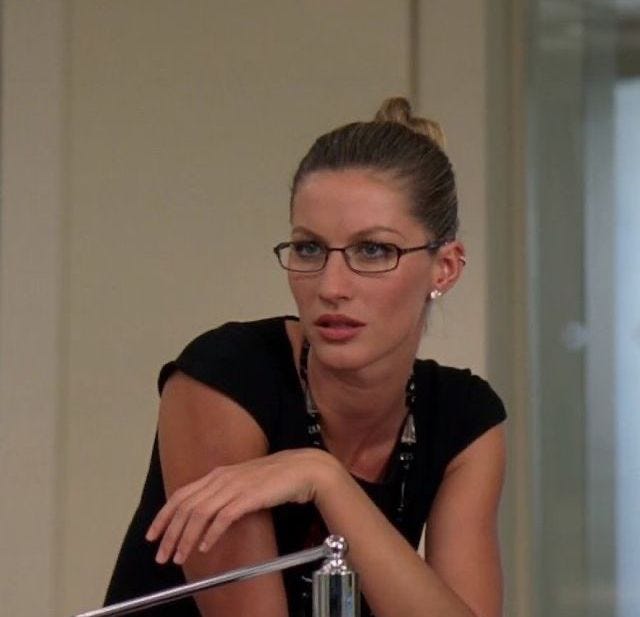
When done tastelessly; however, the aesthetic threatens to tip into “hot secretary” territory. Aka the bimbofication of workwear, fulfilment of a tired porn cliché, and sexualisation of women in the workplace. Partial blame for the distortion of the office siren aesthetic has fallen at the feet of fashion content creators online, who either do not work in or have never worked in corporate offices yet push office-ready outfit lookbooks to their audience of aspiring corporate baddies.
Fast fashion retailers like Zara, Revolve, and Aritzia also deserve blame for the generation’s confusion, often promoting newsletters and shopping picks on their websites featuring workwear edits that have simultaneously become the subject of online ridicule from actual 9-to-5 workers, and the source of inspiration to the aforementioned impressionable aspiring corporate baddies. Curious about the prevalence of backless gowns, micro shorts, and cropped vests in these edits, Lane Florisheim spoke to the Chief Merchandising Officer of Revolve, Divya Mathur, for the below WSJ podcast. Mathur commented that the edits are ‘supposed to be fun and fashiony and about the office that you wish you worked at. Not always to be taken super, super literally.’
I would wager that Mathur did not get to where she is today by wearing anything even remotely resembling the edits her team pushes. I find it mildly frustrating for women with impressive, extensive careers to so quickly dismiss the impact of media peddled today on entry-level workers. The landscape of acceptable workwear is changing rapidly, and Gen Z truthfully doesn’t know how they should be dressing for it. Most workplaces have done away with formal corporate guidelines regarding what to wear to work. What would instead be useful is for more fashion companies to put out thought-through, curated workwear edits that would work in real-life corporate environments.
Inevitably, there remains a very loud voice, predominantly composed of older women and women who work in male-dominated sectors, who argue that your corporate job is no place for fashion risk or statement. While I don’t entirely agree, I do understand where they’re coming from. I can unequivocally say that if I worked in a male-dominated industry, my corporate style and work outfits would be markedly different. Not only would I likely not feel as comfortable wearing whatever I wanted to, I would undoubtedly dress more conservatively to be taken more seriously, as frustrating as that may be. Do we collectively need to stop policing women’s bodies? Yes, obviously. Is that going to happen overnight? Unlikely.
Finance-turned-tech girly Rachel posted on TikTok in the summer recounting the story of a female finance intern (& Harvard graduate) at her friend’s firm who wore a sheer skirt to the office one day in summer. Rachel gave the following advice to her almost 60K followers: “If you’re working in finance and you’re not working in fashion, no one cares how well you put together an outfit. It is substantially better to blend in and stand out for your intellect than to be known as the person who wears something inappropriate for work.” She went on to add that, “As Gen Z, we grasp that what you wear and how you dress for work doesn’t impact how smart you are; however, the vast majority of your older colleagues will not.”
The crux of the conflict is that Gen Z has an issue with being forced to live the late-stage capitalist sim, white picket fence, living to feed the corporate machine existence of many of our predecessors. The most notable sign of rejection is a refusal to look the part. We want to inject the workplace with some degree of personality, feel some semblance of control over our day-to-day. Raised on the glamourised workplaces of early ‘00s chick-flicks and sold dreams of fun, sexy, creative, and stimulating work environments, Gen Z was hoodwinked into believing that going to the office would be a fun activity.
I am here to plead: please can we make it so?
If I want to work well and be productive, I have to feel like me.
Ultimately, “work appropriate” means balancing personality and intellect. Find your inspiration in films, Pinterest, magazines, and creators who work corporate jobs. I’ve been particularly inspired by creators like @ArcticJackie and
, and their videos on what they wear to their tech and consulting jobs, respectively.It goes without saying that creative liberties need to factor in professional contexts. The simple fact of the matter is that some workplaces are more conservative than others. That said, there are countless ways to spice up workwear with personal style while remaining “appropriate”. Depending on your industry, cultural context, and levels of comfort, this could look like wearing more colour, or placing more attention on stylised accessories (think: jewellery, socks, shoes, hair styles, neck scarves, etc.). For those working in creative industries, it could mean that your entire ensemble is more or less what you would wear on the weekends or around friends.
Be respectful, protect your intellectual reputation, but my god please have fun with the way you dress. You will likely spend over 90,000 hours working— don’t let it be at the cost of your personality.
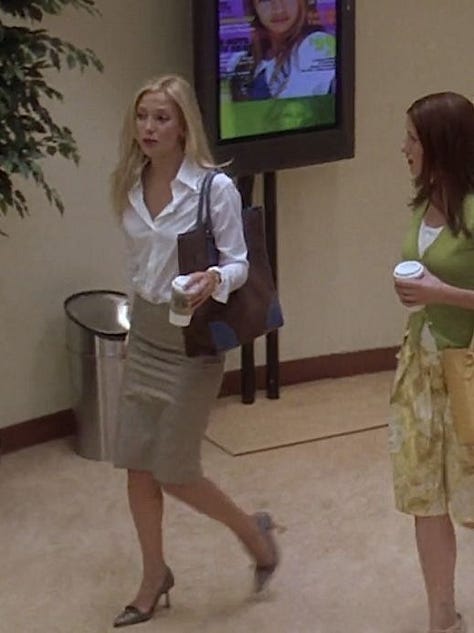
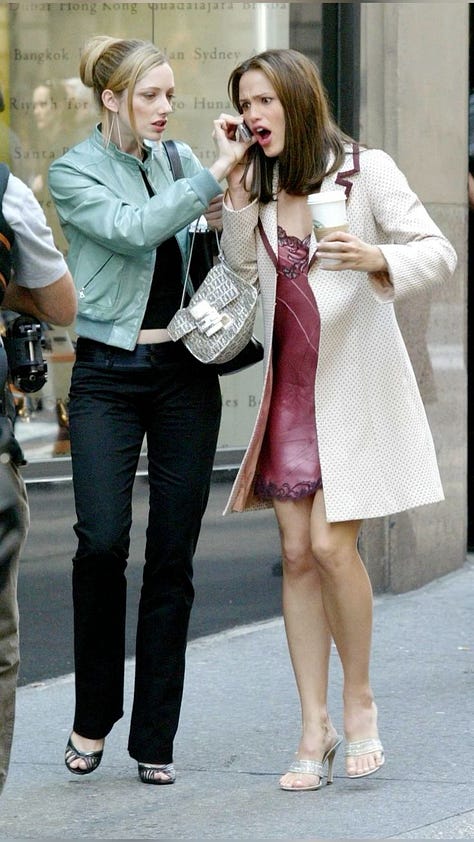

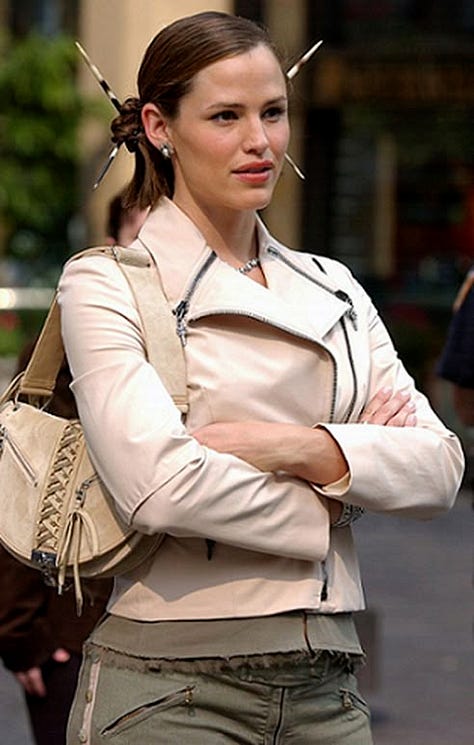
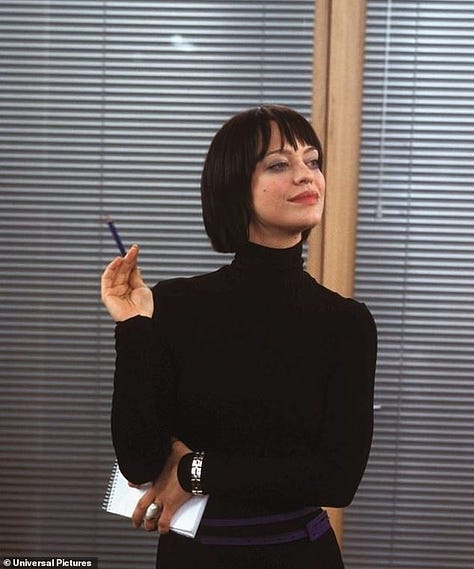
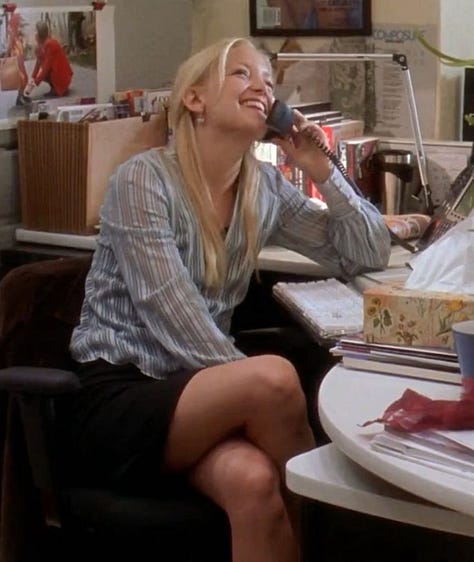
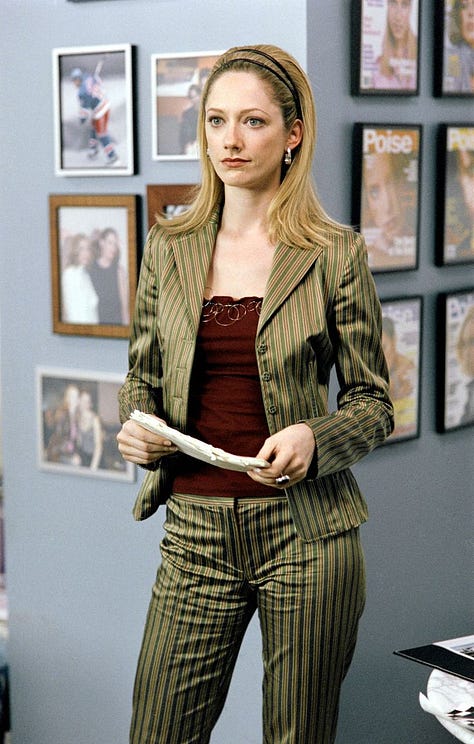

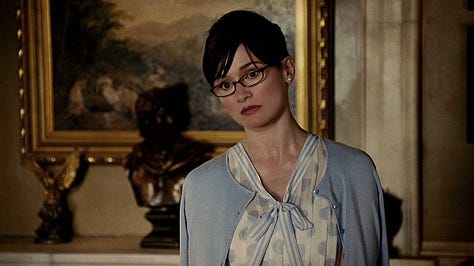



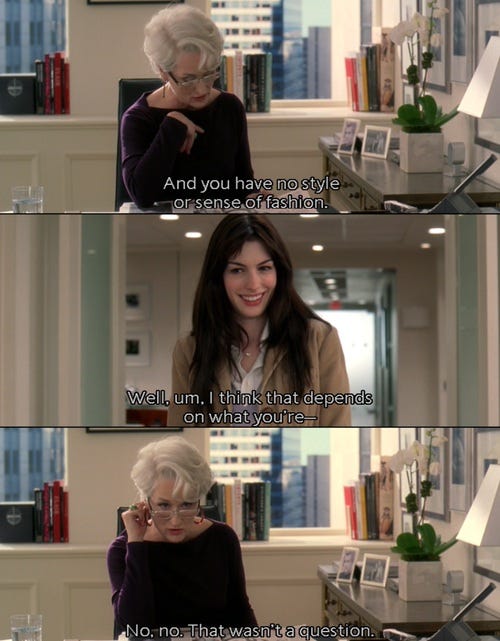
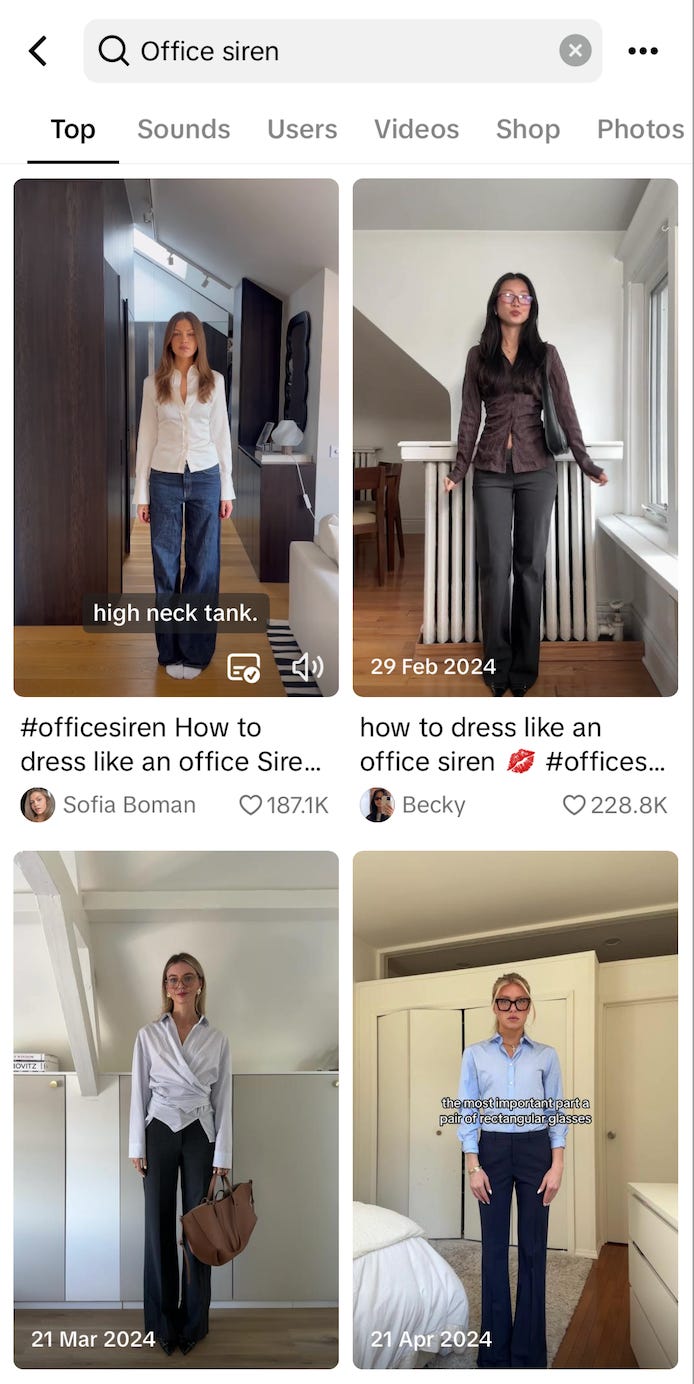
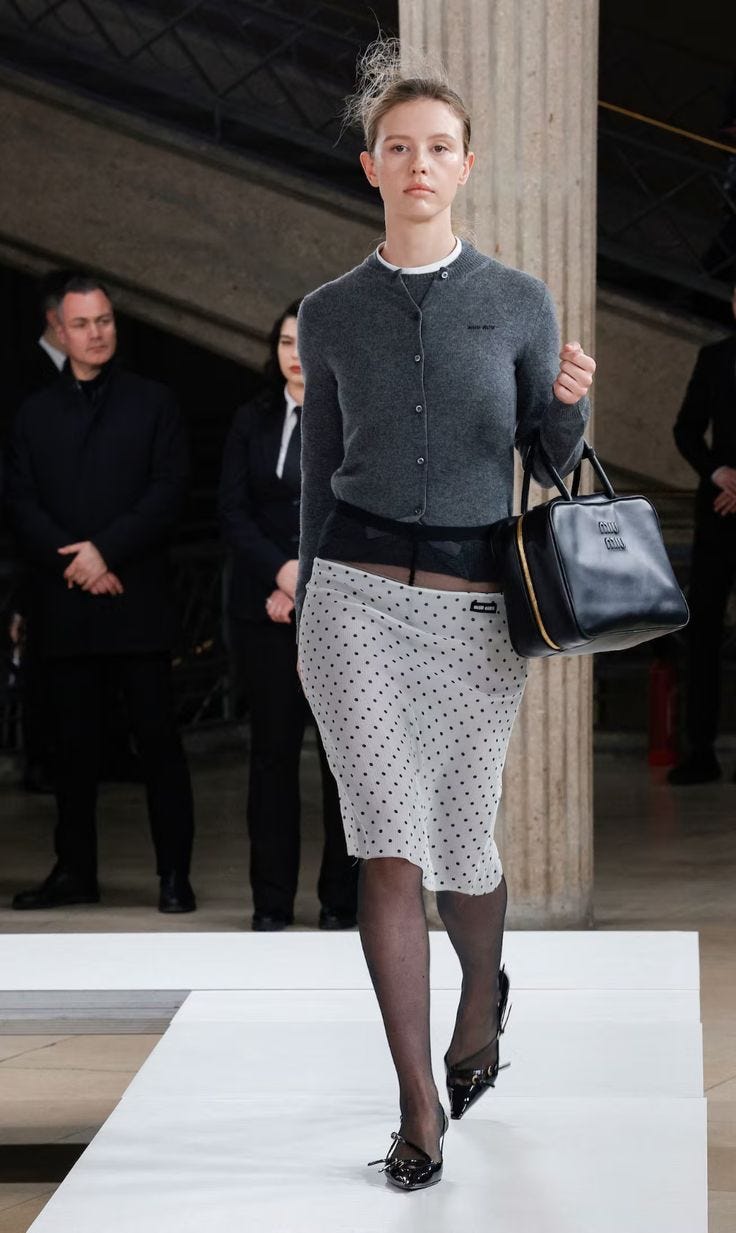
I know the whole office siren thing was really just a fun little trend but it did bring up a conversation about being personally comfortable and confident at work through clothing. Like you said we’re going to be spending a lot of time at work so we may as well be happy with how we are presenting ourselves during working hours. I think there’s always a way to showcase your personal style at work and stay within the dress code, it can be challenging for sure but I find that to be fun as well
the conversation you bring up about personality at the workplace is so refreshing. i’ve only really seen criticism of the whole office siren trend and although some of it is for good reason (like when it starts looking like the hot secretary thing you mentioned), i do find there to be a dismal lack of emphasis on personal style while at work